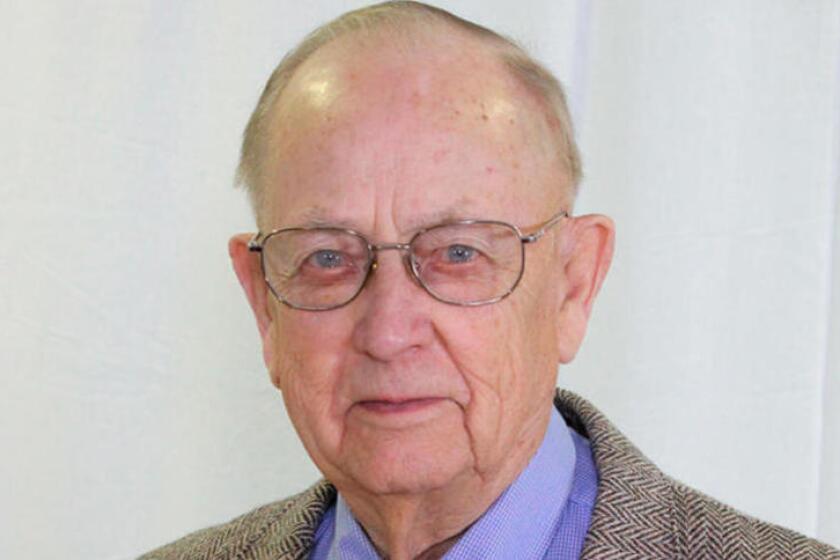North Dakota Republicans own the executive branch, the legislative branch and the judicial branch of state government, lock, stock and barrel. But having absolute power at the state level is not enough politics for some who now want to open up county, city, township, school board and other local offices to partisan elections by starting with an innocent marking on the ballot of party preference.
A strong two-party system is necessary for a democracy to function. There are policy issues streaming from voter ideologies that must be resolved. Local governments make secondary decisions, most of which are tightly controlled by state legislation. In reality, local governments are administrative units of the state government.
One advocate of partisan elections pointed to all the money local governments spend. He apparently wants to apply a more conservative financial system to local government. Apparently, he hasn’t been around enough to know that local finances involve mostly “sunk” costs or state regulations that permit local governments limited financial flexibility.
Other than creating political opportunities for the two parties, what are the benefits of a partisan system at the local level? A more conservative spending ideology?
Local governments in North Dakota are pretty clean. Our governments are small; almost everyone in the county knows what is going on in the courthouse, including the unofficial as well as the official. About the only transgressions committed in local government are long coffee breaks.
ADVERTISEMENT
For sure, partisan elections will not make local governments more effective, more efficient or any more honest.
In fact, they will do just the opposite.
Local offices will be flooded with junior politicians who will see public office not as an opportunity to serve the public so much as a stepping stone to some higher partisan office.
Partisan ballots will generate new levels of conflict in local governments as parties fight for offices or as party loyalists fight each other to gain a rung in the political ladder. Everyone will spend more time campaigning and less time serving the public.
With politically-minded partisans running local government, how often will political considerations be uppermost when choices have to be made and priorities established? Will politics decide on highways? On arrests? On human services?
Partisan ballots will eliminate at least half of the county officials. Even if they are Republicans, the partisan atmosphere day-in and day-out does not fit their idea of public service. In some local governments, ambitious partisans will run against incumbents regardless of party.
Many local officials do not have competition because the public is satisfied with their service. Partisan elections will create competition where competition isn’t necessary and it will force any officeholders to raise new money for races they never had in nonpartisan offices. There will be new personal costs to serving the people. That will discourage present officeholders.
With the rancor permeating both parties at present, this is hardly the time to bring that sort of partisan disease into local governments that have been performing so well. When it comes to partisan politics, at some point we must say that enough is enough. Enough.
ADVERTISEMENT
Omdahl is a former N.D. lieutenant governor and retired University of North Dakota political science teacher. Email ndmatters@midco.net
This column does not necessarily reflect the opinion of The Forum's editorial board nor Forum ownership.








